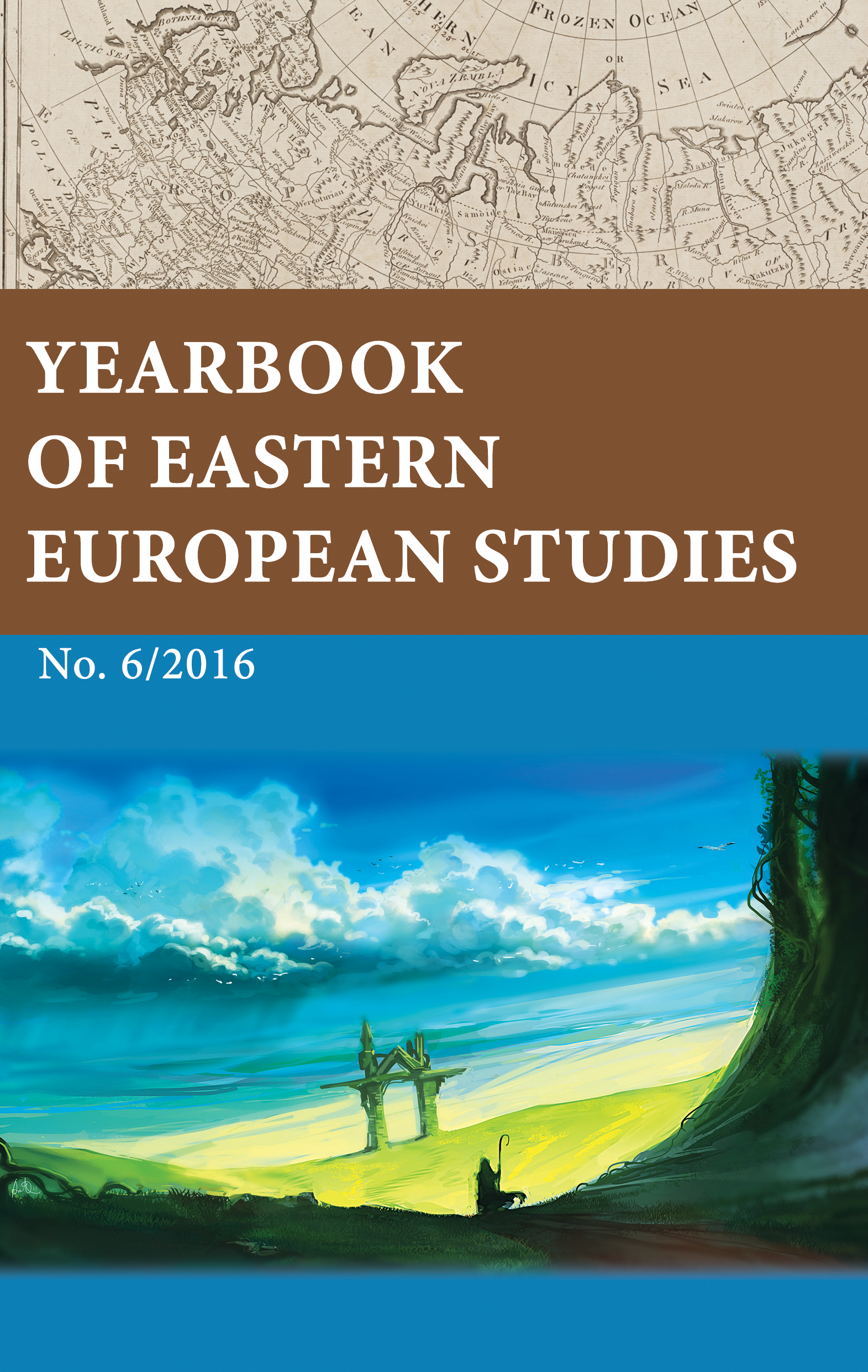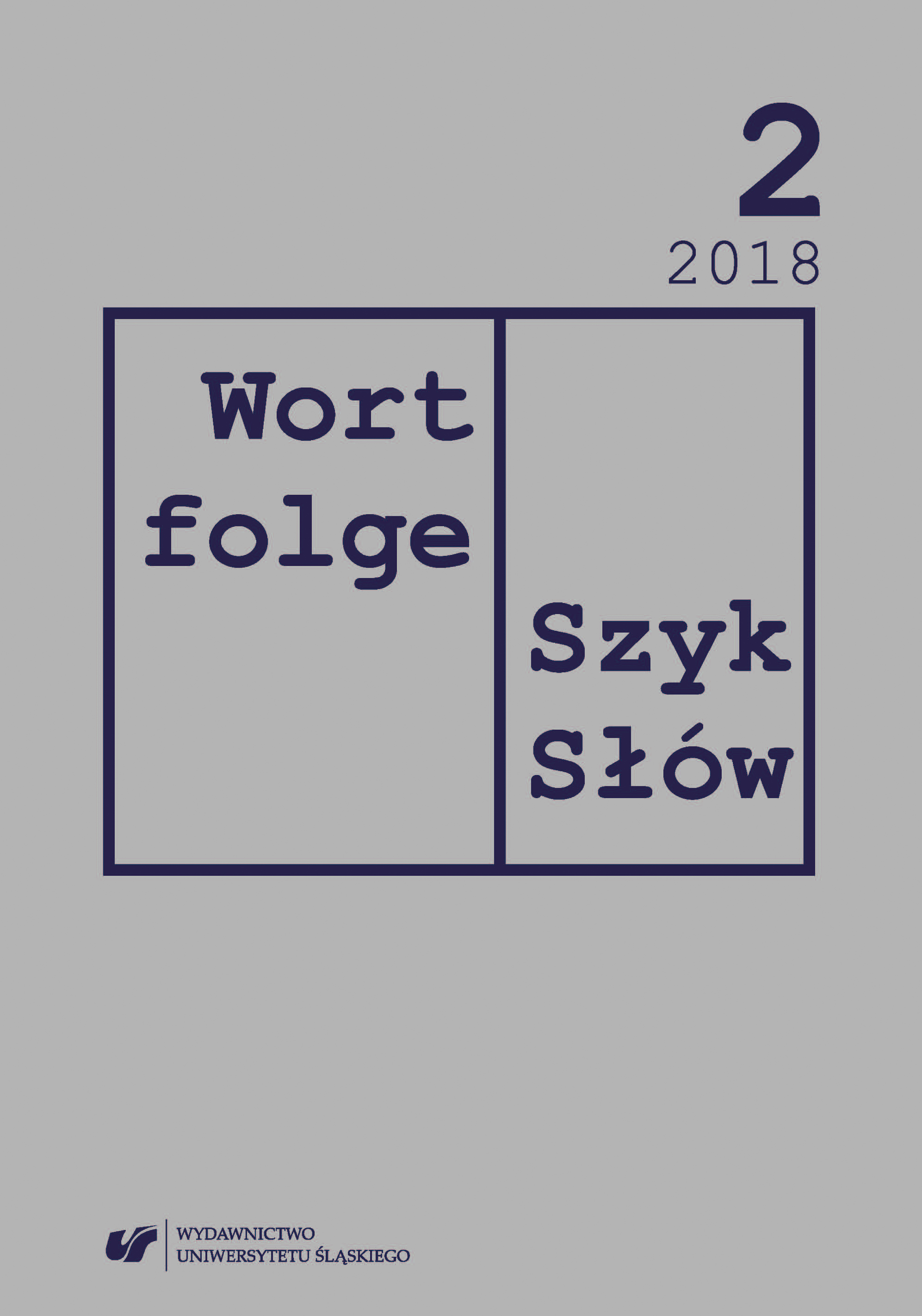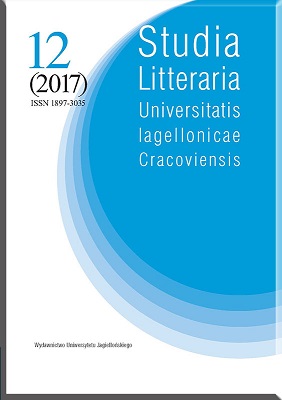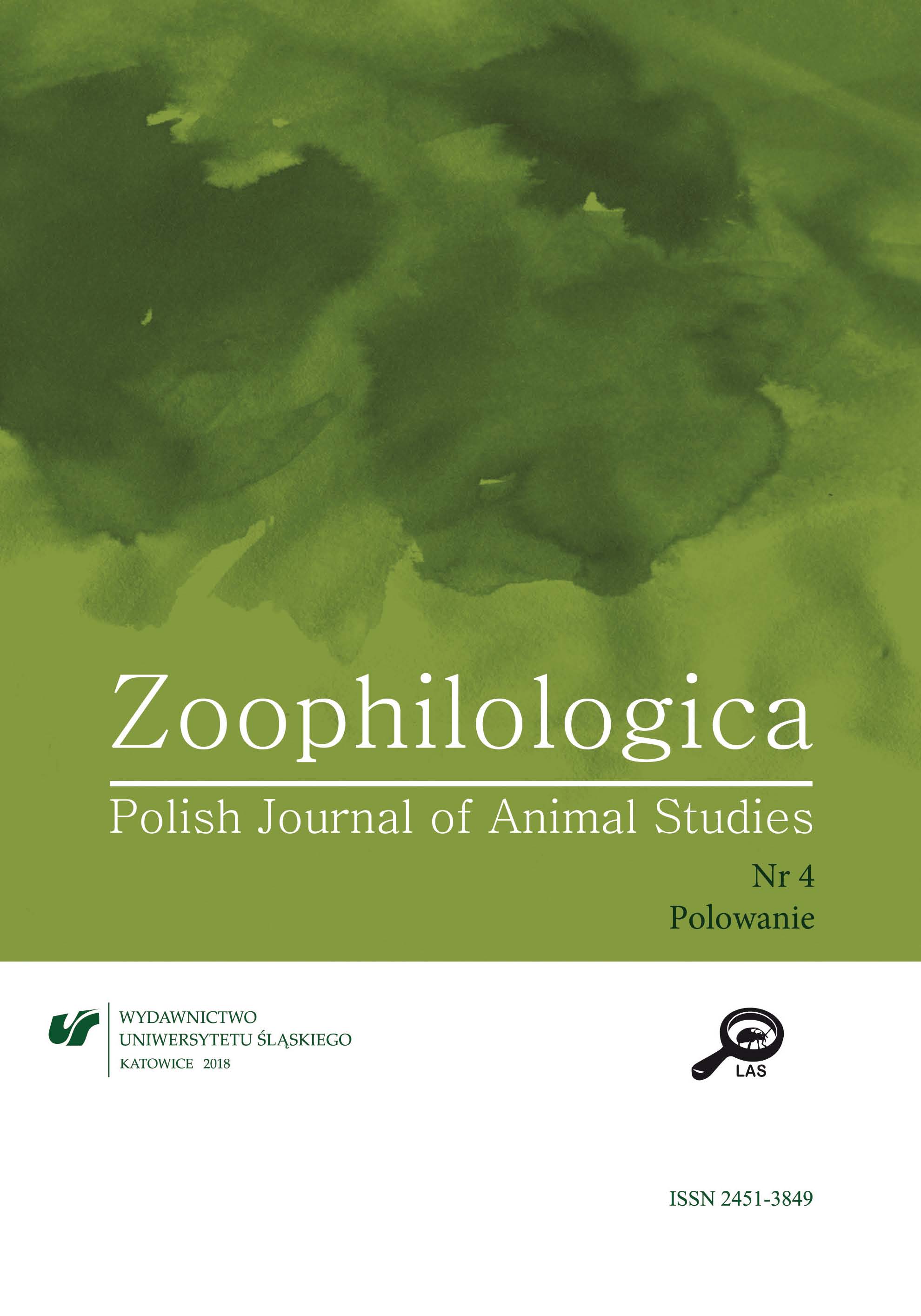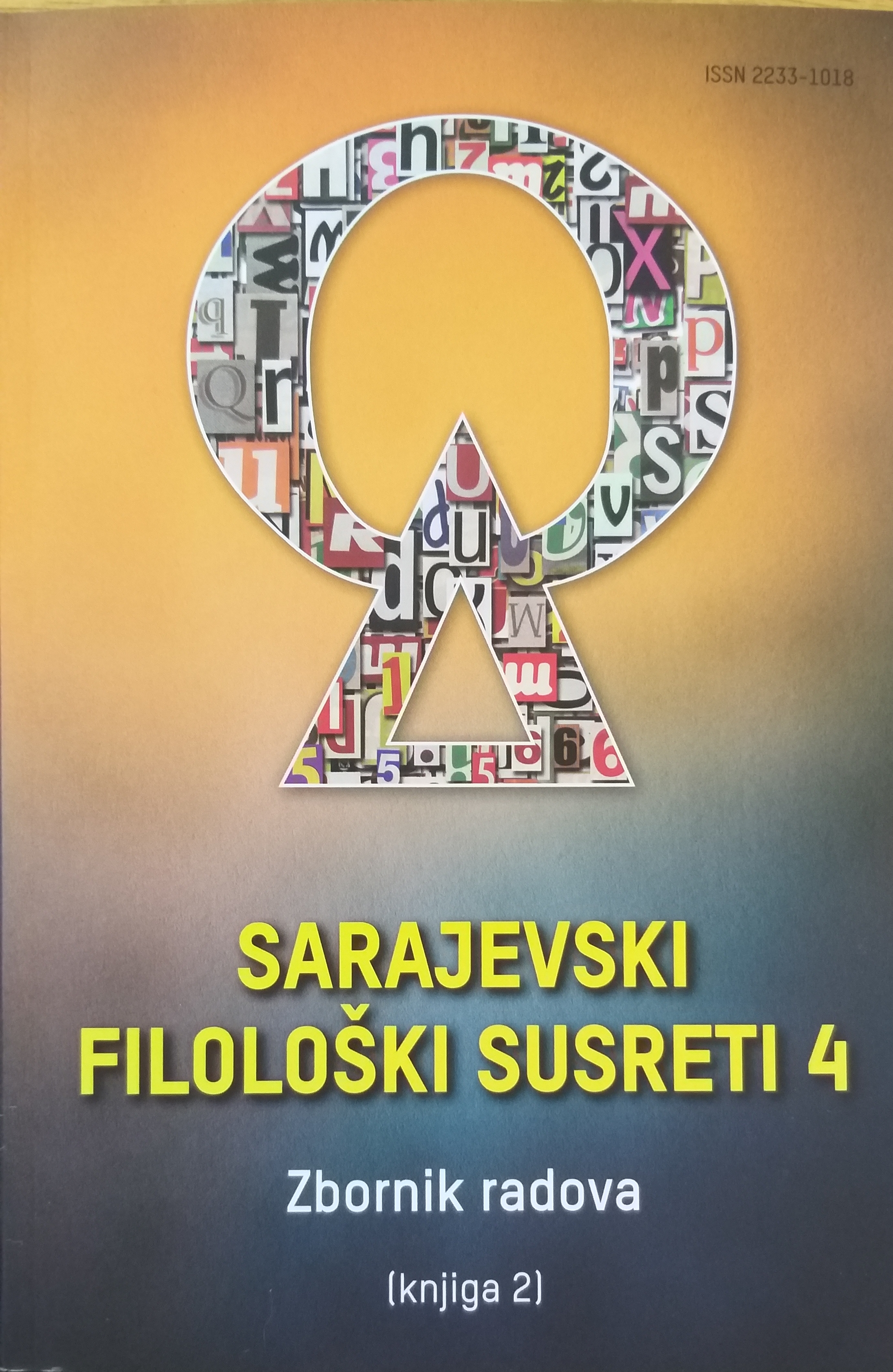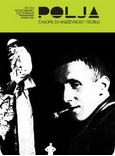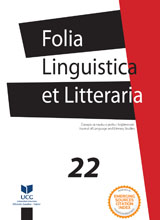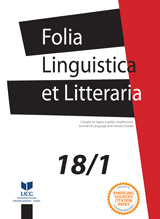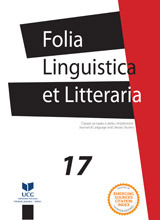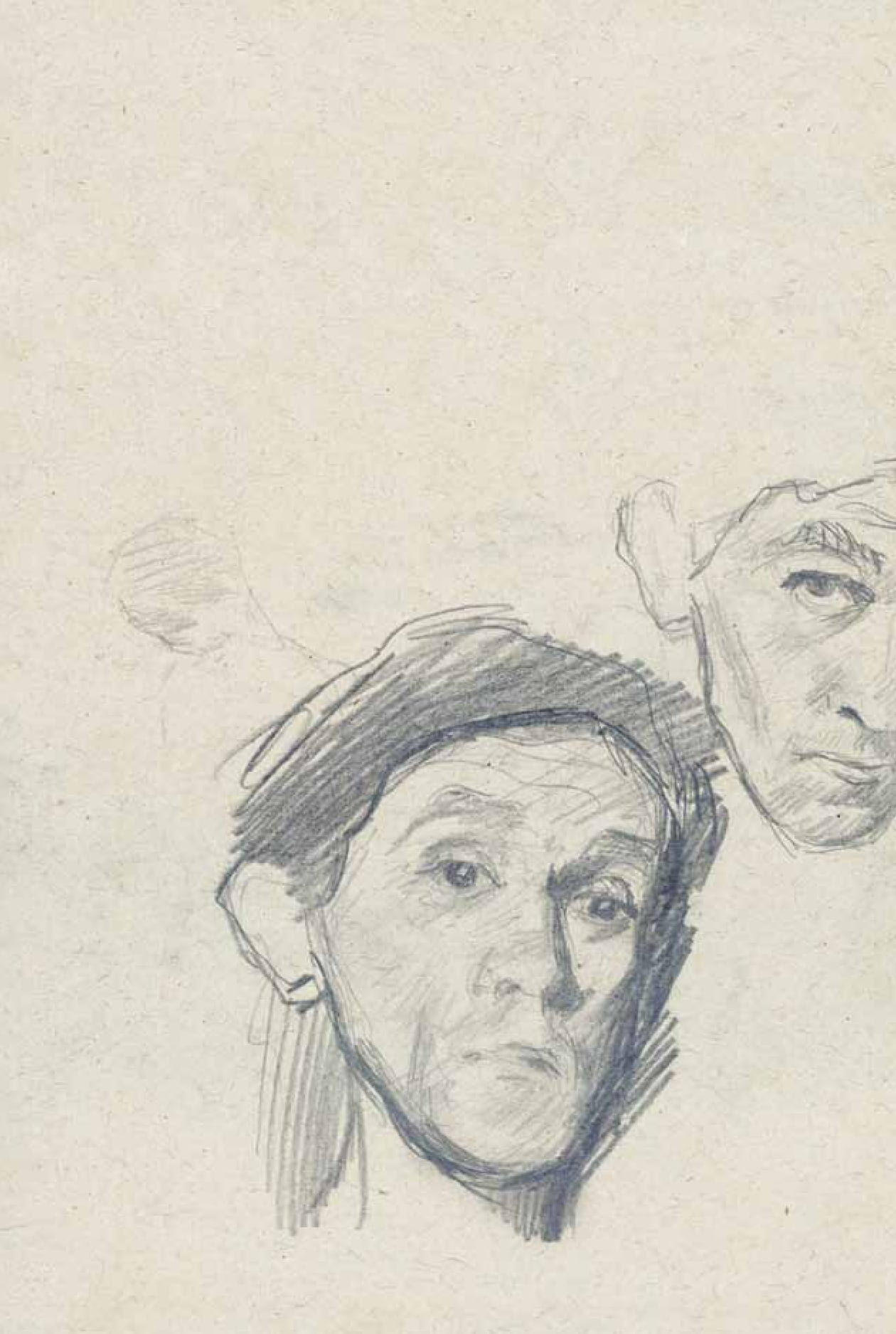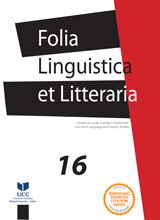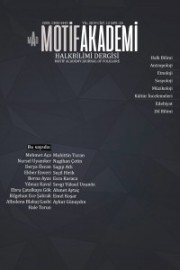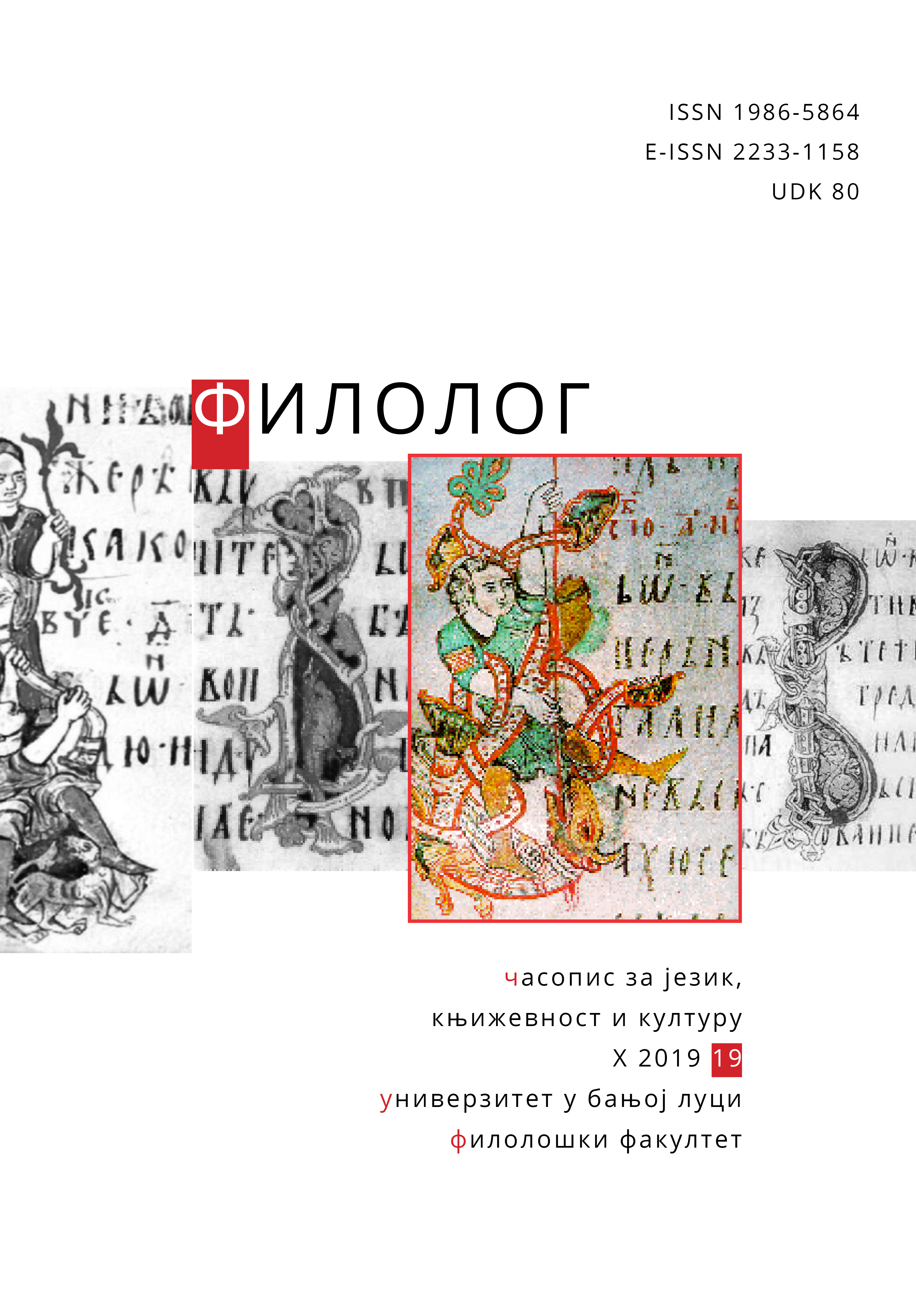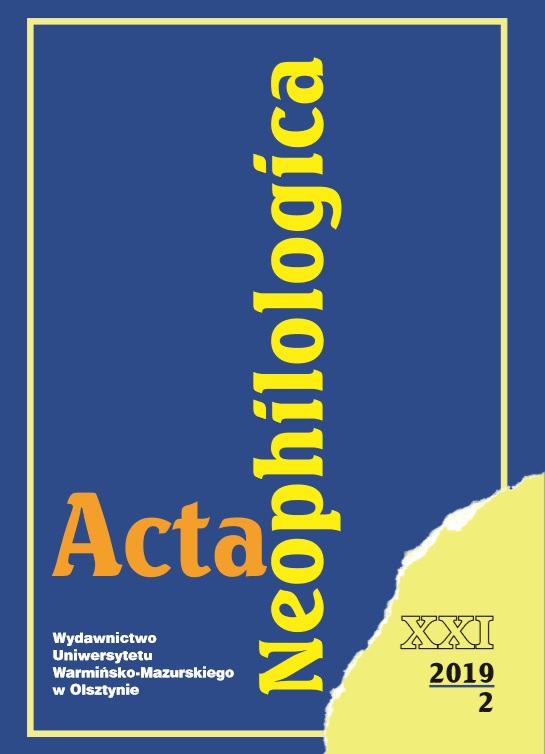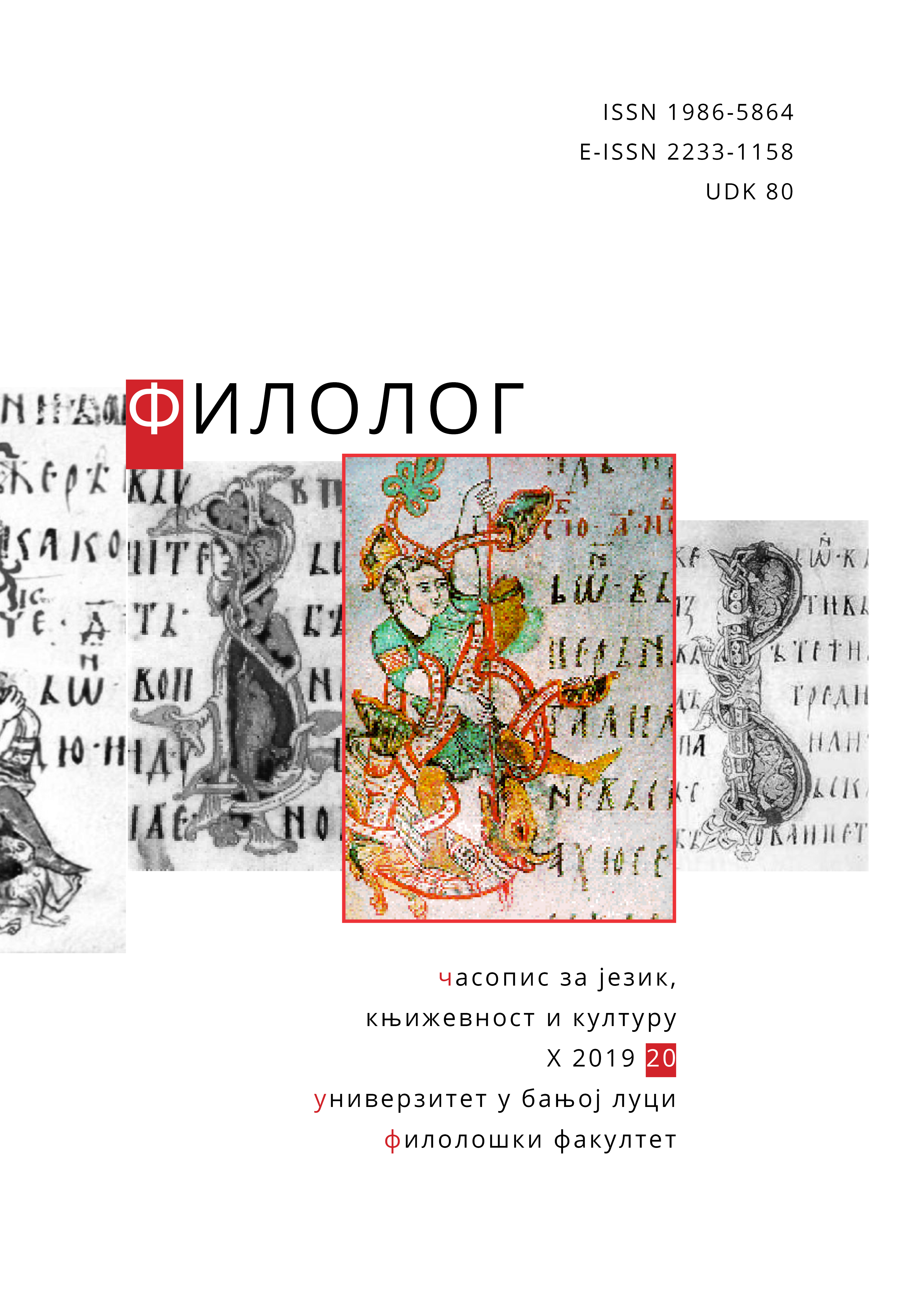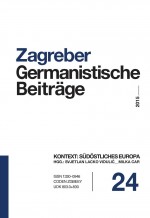
Von den Sitten der Morlacken zur Weltliteratur
The reception history of the South Slav folk ballad »Hasanaginica« is an excellent example of the dialectics of regional origins and universal value, of cultural and poetic alterity. Due to Goethe’s adaptation of the ballad, which was translated into many languages, this poem became a part of world literature. Its transcultural potential can best be observed on the way peculiarities of a cultural space influenced by the Ottomans are poetically generalized into a humanistic critique of the patriarchy. In the course of its reception history, which was marked by a series of national monopolizations of the poem, its universal message has been preserved to this day.
More...
